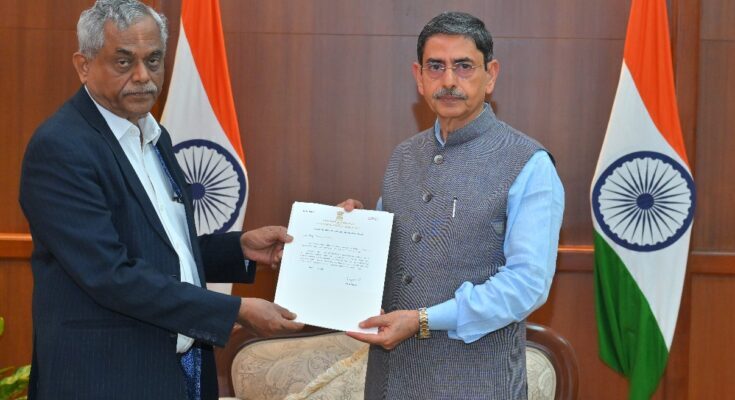The tenure extension of a Vice-Chancellor (VC) despite pending criminal cases has ignited a contentious debate, raising serious questions about governance, accountability, and ethical standards in higher education institutions. The recent controversy surrounding the VC of Periyar University has sparked public outcry and scrutiny from various quarters, highlighting broader concerns about transparency and integrity in academic leadership.
Background: Periyar University VC and Criminal Allegations
The Vice-Chancellor of Periyar University, whose tenure was extended by the Governor despite facing criminal allegations, has become a focal point of controversy. The decision to grant an extension has prompted scrutiny over the criteria used in evaluating leadership suitability and the ethical implications of retaining individuals under legal clouds in pivotal administrative roles.
Ethical Dilemma: Governance vs. Legal Accountability
The extension of a VC’s tenure when criminal cases are pending raises ethical dilemmas regarding institutional governance. Critics argue that such decisions undermine the principles of transparency and accountability, potentially tarnishing the reputation of the university and eroding public trust in academic institutions as pillars of ethical leadership and intellectual integrity.
Public and Academic Reaction
The controversy has sparked widespread debate among academics, students, and civil society regarding the standards expected of university leaders. Calls for stringent vetting processes, independent oversight mechanisms, and adherence to legal norms have intensified, emphasizing the need for robust safeguards against compromising institutional credibility.
Role of Governors and Regulatory Bodies
Governors, as appointing authorities for VCs in many Indian states, play a crucial role in ensuring the integrity and competence of university leadership. The controversy surrounding Periyar University’s VC underscores the importance of governors exercising due diligence in their appointments, considering not only academic credentials but also ethical probity and legal standing.
Transparency and Institutional Integrity
The episode involving Periyar University highlights the imperative for greater transparency in administrative decisions within higher education. Stakeholders emphasize the importance of upholding institutional integrity, safeguarding academic autonomy, and adhering to legal norms to preserve the credibility and stature of universities as centers of learning and research.
Moving Forward: Calls for Reform and Accountability
As the debate unfolds, there are growing calls for systemic reforms aimed at enhancing transparency, strengthening governance frameworks, and ensuring rigorous background checks for university leaders. Such reforms are seen as essential in upholding public confidence, promoting ethical leadership, and fostering a conducive environment for academic excellence.
Sponsored
FACTS Transcripts
Apply for a University document anywhere
https://www.factstranscript.com
Quick Transcripts for popular Universities, check your University name now and get started. We help you to get your transcript application online which is accepted for use of IRCC.
No DD, NO Paperwork. 100% Authentic, Reliable.
FACTS Transcripts Charges · Reviews · Assam Universities · Home · Know your University











